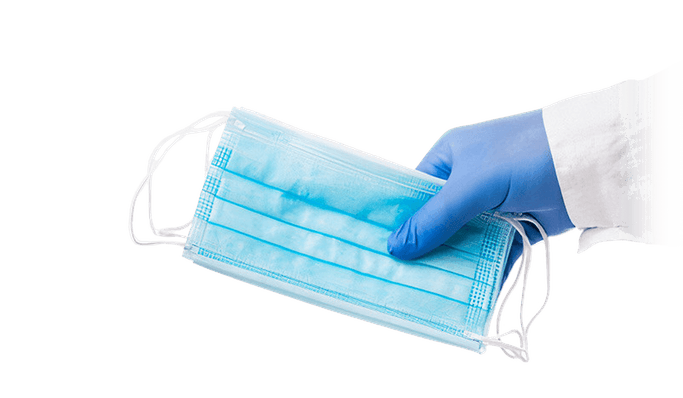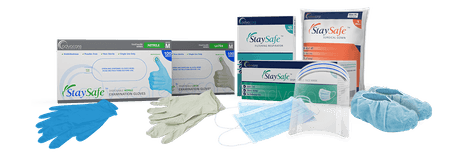What is the meaning of Personal Protective Equipment (PPE)?
Personal Protective Equipment (PPE) refers to wearable items designed to safeguard the wearer from specific hazards, including physical, chemical, and biological agents. These items, such as gloves, gowns, face masks, and caps, help prevent potential exposure to infectious materials or other contaminants.
PPE plays a crucial role in healthcare settings, where the risk of exposure to infectious agents is high. Whether it's a surgeon performing an operation or a nurse attending to patients with contagious diseases, PPE ensures that healthcare professionals can perform their duties safely. By creating a barrier between the wearer and harmful agents, it reduces the chances of transmitting infections, particularly in epidemic or pandemic situations.
Personal Protective Equipment (PPE) holds equal significance across a multitude of industries such as construction, manufacturing, and chemical processing. In these diverse work environments, employees often face a wide array of potential risks ranging from flying debris, caustic chemicals, to loud noises.
The implementation of appropriate protective gear, precisely tailored to address specific hazards, becomes a paramount necessity. By providing workers with the necessary PPE, organizations can effectively safeguard their workforce, significantly contributing to the reduction of workplace injuries and illnesses. This proactive approach not only enhances employee well-being but also fosters a culture of safety and responsible practices within these industries.


